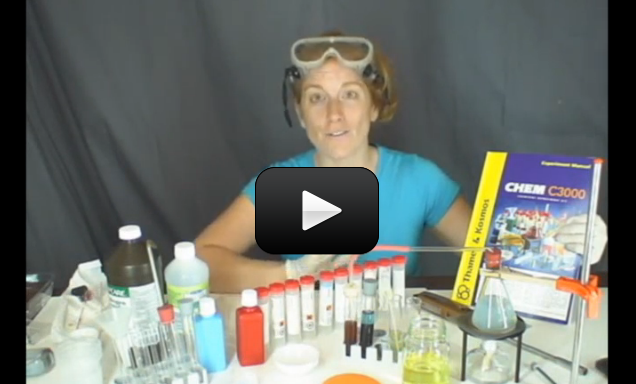This experiment is for advanced students.
One of my best teaching tools for science developed from a brain freeze one afternoon in class. I went to the board to draw the chlorophyll wheel and drew a complete blank.
“Let’s say I forgot how to draw the wheel.” I turned to the class, marker in hand, and scanned the room. Puzzled faces, the blank faces I expected, but, what was that? A few smiles scattered about the room.
As I pulled out and some volunteered info, we got into that wheel. They also found that it was easier to know what to do next than to have me tell them to find it in their book and be prepared…I was coming back to them. Students frantically finding the wheel in their biology books so they were armed when I came to them.
It was a great experience, and my lectures were a lot more fun and interactive from then on.
Please login or register to read the rest of this content.

